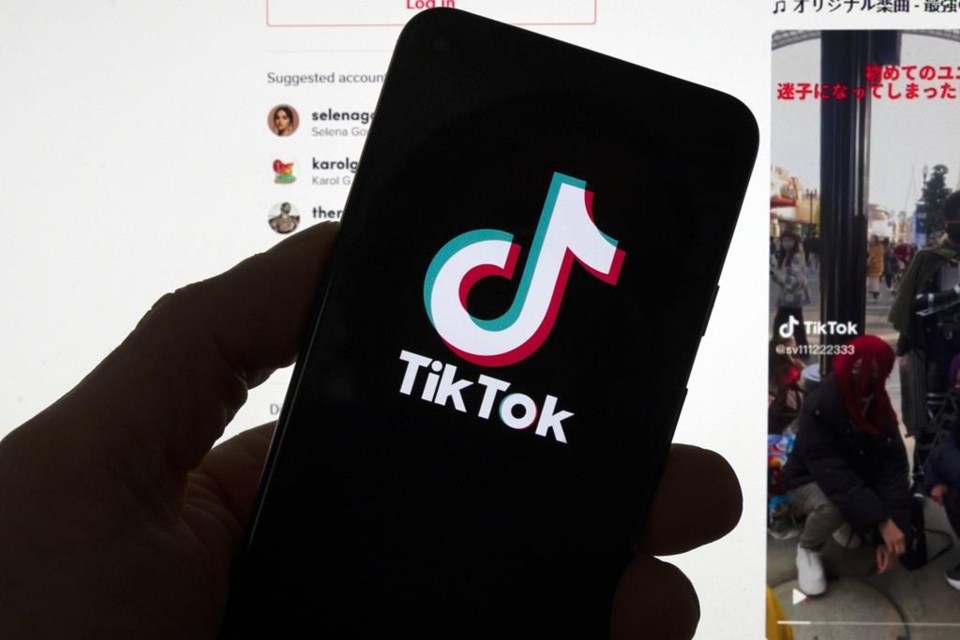WASHINGTON — TikTok's CEO plans to tell Congress that the video-sharing app is committed to user safety, data protection and security, and keeping the platform free from Chinese government influence.
Shou Zi Chew is due to answer questions Thursday from U.S. lawmakers concerned about the social media platform's effects on its young user base and possible national security risks posed by the popular app, which was founded by Chinese entrepreneurs.
Chew is sticking to a familiar script as he urges officials against pursuing an all-out ban on TikTok or for the company to be sold off to new owners.
TikTok's efforts to ensure the security of its users' data, including a $1.5 billion project to store the information on Oracle servers in the U.S. and allow outside monitors to inspect its source code, go “above and beyond” what any of its rivals are doing, according to Chew's prepared remarks released ahead of his appearance before the U.S. House Committee on Energy and Commerce.
“No other social media company, or entertainment platform like TikTok, provides this level of access and transparency,” he said.
Chew pushed back against fears that TikTok could become a tool of China's ruling Communist Party because its parent company, ByteDance, is based in Beijing.
“Let me state this unequivocally: ByteDance is not an agent of China or any other country,” Chew said.
He distanced TikTok from its Chinese roots and denied the “inaccurate” belief that TikTok's corporate structure makes it “beholden to the Chinese government." ByteDance has evolved into a privately held “global enterprise,” Chew said, with 60% owned by big institutional investors, 20% owned by the Chinese entrepreneurs who founded it and the rest by employees.
It's “emphatically untrue” that TikTok sends data on its American users to Beijing, he said.
"TikTok has never shared, or received a request to share, U.S. user data with the Chinese government," Chew said. “Nor would TikTok honor such a request if one were ever made.”
TikTok has come under fire in the U.S., Europe and Asia-Pacific, where a growing number of governments have banned the app from devices used for official business over worries it poses risks to cybersecurity and data privacy or could be used to push pro-Beijing narratives and misinformation.
Chew, a 40-year-old Singaporean who was appointed CEO in 2021, said in a TikTok video this week that the congressional hearing comes at a “pivotal moment” for the company, which now has 150 million American users.
U.S. regulators have reportedly threatened to ban TikTok unless the Chinese owners sell their stake. Lawmakers have introduced measures that would expand the Biden administration’s authority to enact a national ban and called for “structural restrictions” between TikTok’s American operations and ByteDance, including potentially separating the companies.
Chew said TikTok's data security project, dubbed Project Texas, is the right answer, not a ban or a sale of the company.
The company started deleting the historical protected data of U.S. users from non-Oracle servers this month, Chew said. When that process is completed later this year, all U.S. data will be protected by American law and controlled by a U.S.-led security team.
“Under this structure, there is no way for the Chinese government to access it or compel access to it,” he said.
He said a TikTok ban would hurt the U.S. economy and small American businesses that use the app to sell their products, while reducing competition in an “increasingly concentrated market.” He added that a sale “would not impose any new restrictions on data flows or access.”
Kelvin Chan, The Associated Press



